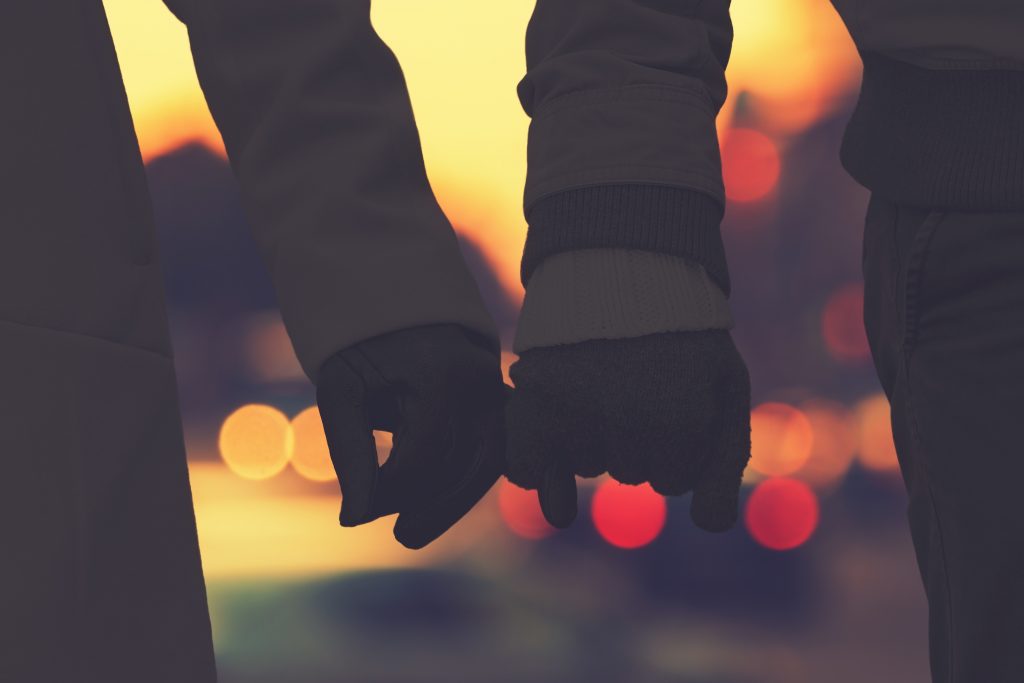
Relationships in sobriety can be a contentious topic of conversation. Pretty much anyone that you talk to will have their own opinion on the subject. Some believe that relationships, especially in early sobriety, can be exceedingly dangerous as you put the relationship before yourself and your sobriety, others believe that they are not something to worry about, and still others have no opinion whatsoever. Regardless of where you fall in this argument, it is safe to say that handling relationships in sobriety are a fairly important topic.
Many who get sober have rather skewed ideas of what it means to be in a relationship. This is not to judge anyone, but it is simply the truth. After years of abusing drugs and alcohol, many come into recovery with a less than healthy vision of what it means to be in a relationship. Their relationships in the past were centered either entirely on sex, or drugs, or what they could get out of the other person, and more times than there was little to no honesty present.
Adding to the difficulty is that many people who get sober initially have no idea who they are. I know that this was the case for me when I first got sober. I didn’t know what my hobbies were, I didn’t know what I liked, and my sense of self was severely lacking because I had spent most of my adult life trying to be numb. This poses a problem for relationships in sobriety because, without a sense of self, it is very difficult to be in a relationship with someone. You can often times find yourself getting lost in the relationship or looking to the other person for a sense of completion, which usually spells disaster.
All of this being said relationships are a part of life that shouldn’t be avoided and they are not meant to be looked at as this terrifying thing that could possibly mean the end of your sobriety. They are meant to be enjoyed because having a relationship with someone is one of the greatest things in life.
Having a relationship in sobriety comes with all of the difficulty that “normal people” face in their relationships, only with the added blessings and problems that sobriety can bring. Being sober and an active member of a Self Help Group Program means that you can share honestly with your partner in a way that many other couples may never experience. Sobriety at its core is about being honest and so taking this into a relationship means that you will be able to build a true partnership with someone and share openly and honestly without fear of judgment or reprisal. This, however, does come with its drawbacks as sometimes over sharing, or being overly honesty, can cause problems in a relationship, so learning how and when to share is just as important as being honest.
It is important as well in relationships in sobriety that each person has their own recovery. How a couple goes about accomplishing this is up to them, but I have seen things get murky when one person begins to act as a sponsor to the other. When these lines are crossed things can get a bit confusing and resentments tend to pop up quickly. This is not to say that you can’t talk about your recovery with your partner, although some couples chose not to, but it does mean that you work your own program and focus on what you need to do to stay sober.
One thing that I have heard that couples in sobriety do is set up a certain amount of days every week that they can be with each other during the beginning of the relationship. This is done in order to offset any of the obsessive hanging out that can occur during the beginning of a relationship. To be perfectly honest I have never really seen this workout and I personally feel that stipulations such as these usually set the relationship up for failure. Having a more organic feel to the relationship tends to be more successful, but if you know your tendencies and believe that this will work then give it a try.
Along these same lines, after people have been dating for a while, setting up certain nights every week to go out on a date is a great way to help with your relationship. This doesn’t just go for people in recovery, but for everyone really. The couples that I know that do this, seem to work the best because they know that no matter how busy their lives get, or whatever is going on, they have that one night where they don’t answer their phone and are just present with each other.
One of the biggest concerns of people in sobriety is what will happen if their significant others goes out. Unfortunately, this is a possibility for all of us, but it should never be a deterrent for dating. If at the very beginning of the relationship you have a feeling that the person is probably not going to stay sober because they are not working a program then you may want to rethink whether you go out with them or not, but besides this go for it and see what happens.
Overall I think the most important thing to remember about a relationship in sobriety is that you yourself have to be okay in order for it to be successful. Once we get sober we realize that there is no one that can save us from ourselves, but only people who can add to our internal happiness. So if we are looking to a relationship to save us from our feelings of loneliness we may be setting ourselves up for failure and a rude awakening when we realize that it hasn’t worked. Being in a relationship in sobriety can be a wonderful thing and though there may be some heartbreak and some growing along the way, these experiences are always worth it.

Rose Lockinger is a passionate member of the recovery community. A rebel who found her cause, she uses blogging and social media to raise the awareness about the disease of addiction. She has visited all over North and South America. Single mom to two beautiful children she has learned parenting is without a doubt the most rewarding job in the world. Currently the Outreach Director at Stodzy Internet Marketing.
You can find me on LinkedIn, Facebook, & Instagram

